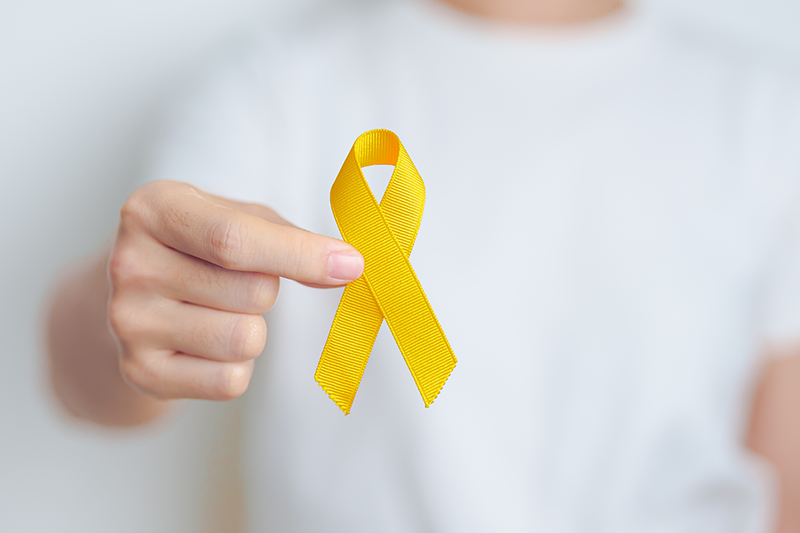The UK’s Worker Protection Act came into force last October; now is the time for all employers to act.
It is anti-bullying week and therefore a good moment to reflect on what we can do more (or less of) to promote a work environment that is free from bullying. I don't need to supine on the benefits of a workplace where everyone feels comfortable and accepted for who they are - there's a mountain of research that supports the idea that a positive work environment is good for business.
In this blog I want to focus on a very simple idea - we can all be bullies and most of the time we just don't realise we're doing it. Even if we might sense that our behaviour is less than angelic, we don't like to see ourselves as the bully. That's because the word 'bully' is very powerful - there is a lot of stigma attached to it. Say the word out loud and we typically think of someone we might once have been bullied by - the playground bully, or an unpleasant colleague - the word will always have negative connotations attached to it as well as a host of negative attributes and characteristics we apply to the person we perceive to be the bully.
So it's natural that we don't want to be seen as, or think of ourselves as the bully. But we have to accept that sometimes we just are, often without meaning to be. Most of the time in workplaces problems that amount to bullying are subtle and nuanced - the overtly problematic behaviours are less frequent. Often, we say things and do things impulsively (we are human after all!) that can have a much more negative impact than we realise (being slightly short-fused when giving feedback, teasing someone at the wrong moment, making a flippant remark about their appearance etc.). Sometimes it is even more subtle and it can be our failure to say or do something that creates the negative impact (not inviting that person to lunch, not allocating a particular piece of work etc.) - however our intention is rarely to go out of our way to bully someone. Sadly that's not to say that on occasion there are cases where people intentionally bully others, but it is our unintentional impact that we typically don't think enough about. But if there is negative impact, there is a potential problem that over time can lead to wider concerns if unaddressed.
The simple answer is that we need to forget about our intentions (it doesn't matter how well intended something is - if it lands badly there is an issue). We need step outside of our own perspective and apply a different lens by focusing on impact, about how something has landed with the people around you - this is a much better litmus test as to whether a certain behaviour could be seen as problematic and can give you the drive to do something about it. It's not easy to do but to achieve the best possible work environment we all need apply a different perspective in order to be more self-aware and reflective of our own behaviour - so slow your thinking down, challenge yourself and focus on your impact. There are lots of other things we can all be doing of course to challenge bullying at work, but starting with our own actions can be very powerful (and dare I say it...impactful!).
Related Articles

Guest Q&A - Steven McCann on alcohol culture in professional services

Four reasons workplaces should be thinking about the topic of suicide

AI in HR Tech: a cautionary tale


Happy hour? A conversation about alcohol and work – culture, risk and belonging
From post-deal drinks to client events and team celebrations, alcohol is woven into workplace culture. Yet when something goes wrong, it’s rarely seen as ‘just a drink’.
With new duties on employers to prevent sexual harassment, and growing attention on workplace risk and inclusion, it’s time to take a more intentional look at how alcohol shapes workplace culture – and the risks it carries.
This short, focused webinar will explore:
• How alcohol contributes to conduct, harassment and reputational risk
• The assumptions we make about what’s normal, social or expected
• How alcohol intersects with inclusion, wellbeing and boundaries
• What to think about when conducting risk assessments and looking at policies
• Practical steps to build positive connection while protecting what matters
Speakers:
Helen Dallimore
Head of Training, Byrne Dean
An experienced facilitator, trainer and former employment lawyer, Helen works with organisations to strengthen leadership capability and embed respectful workplace behaviours. She brings particular expertise in creating inclusive cultures where people feel safe, respected and able to thrive.
Cicilia Wan
Principal Consultant, Byrne Dean
A former employment lawyer and experienced Headof Employee Relations in global financial services, Cicilia has seen first-hand how alcohol canaffect conduct at work. She brings deep expertise in leadership, culture and managing people risk.
Steven McCann
Founder and Director, MCG Consulting
A leading voice in workplace addiction and recovery inclusion, Steven advises organisations on addiction awareness, recovery-informed culture and social mobility. He has spoken at the Bank of England and works regularly with law societies, the Legal Services Board and institutions across law, finance and corporate sectors.


HR Magazine: Half of UK workers faced toxic workplaces
Head of Resolution Zoe Wigan comments on speaking up and creating psychological safety.


HR Magazine: How to manage political polarisation at work
Matt Dean comments as recent events in America have intensified the discussion around polarisation.




